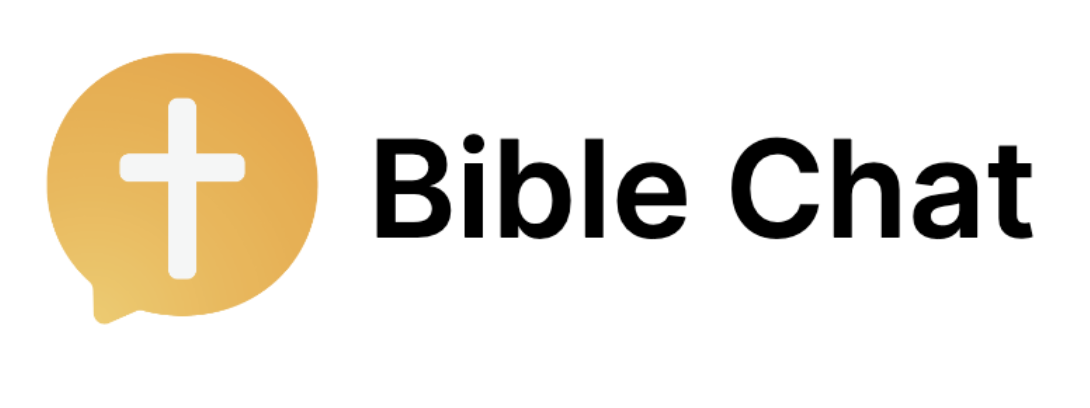
Customer Spotlight

Atop mountains of messaging data, BibleChat.ai ultimately uncovered valuable Q&A trends previously undiscoverable. The catalyst? Nomic Atlas.
BibleChat.ai is an AI-powered assistant that allows users to engage with the Bible through a “spiritually-minded" chatbot. The BibleChat.ai application engages its community through Q&A, and by sharing prayers, playing games, and exploring the world of scripture. Users come with questions, and BibleChat.ai does the rest. The BibleChat.ai “trending" page empowers users to continue their exploration by viewing trending questions and other topics of discussion that might be of interest to them. Biblechat has supported over 2 million in-app messages to date.
Before Nomic Atlas, we had no way to cluster, aggregate, and identify the underlying trends or popularities within our massive amounts of messaging data.
Because of this, we couldn’t achieve two core features of our product:
It is important for us to identify these trends because it allows us to:
The only way to inspect, understand, and reason with a dataset as a whole—whether as humans or with advanced systems—is through large-scale embeddings. Embeddings are a particularly useful component of LLMs and any classifier that helps make sense of unstructured data modalities and their relationships. Embedding maps represent the evolution of the pivot table as AI influences how we ingest complex content and output insights.
This is especially true if you have an open-ended dataset with shifting fields, an insurmountable number of records, and ever-changing requirements. Consultancies and analytics firms are good examples of companies that face this particular issue on a daily basis. When dealing with this use case, the only assurance is to understand the embedding space. Nomic Atlas is fundamentally built around that concept. With Nomic maps, your fields and records can grow without bounds, adapting itself to the mold of each particular output needed.
"Nomic Atlas has revolutionized our workflow at BibleChat.ai, allowing us to automatically cluster all received questions, aggregate them canonically using Nomic Atlas’ deduplication feature, and then rank them by popularity."
This capability has enabled us to compile a list of popular, recurring questions that we can continuously post to our platform, a task we wouldn’t have been able to achieve without Nomic Atlas. The more curated content we produce, the more it boosts our platform's visibility through SEO and keeps our audience engaged with trending topics.
Additionally, by utilizing Nomic Atlas' timestamp feature in parallel, we are able to visualize and extract new types of questions that are being asked within a given time period. This has allowed us to start automatically adding new canonical questions to our “trending" list, which also wasn’t possible before. We have already seen an increase of over 10% in measurable engagement, based on the number of questions clicked per user.
"By tailoring the customer journey per user with a more accurate feed of content, we have helped users stay engaged and committed via useful content, fostering new purposeful interactions with a larger customer base than previous months."
By aggregating and identifying core underlying topics, which are crucial for generating our chat content and responses, we have also been able to:
Nomic Atlas has also opened new doors for non-technical team members to explore and collaborate on messaging data. By enabling non-technical users to collaborate on our data, our overall productivity has increased by at least 100%.
BibleChat.ai has transformed its workflow and significantly enhanced user engagement through the implementation of Nomic Atlas. By automating the clustering and aggregation of messaging data, the platform has increased its productivity by 100% and boosted engagement by over 10%. The insights provided by Nomic Atlas have also contributed to the growth of BibleChat.ai's customer base, which now exceeds 2 million in-app messages.